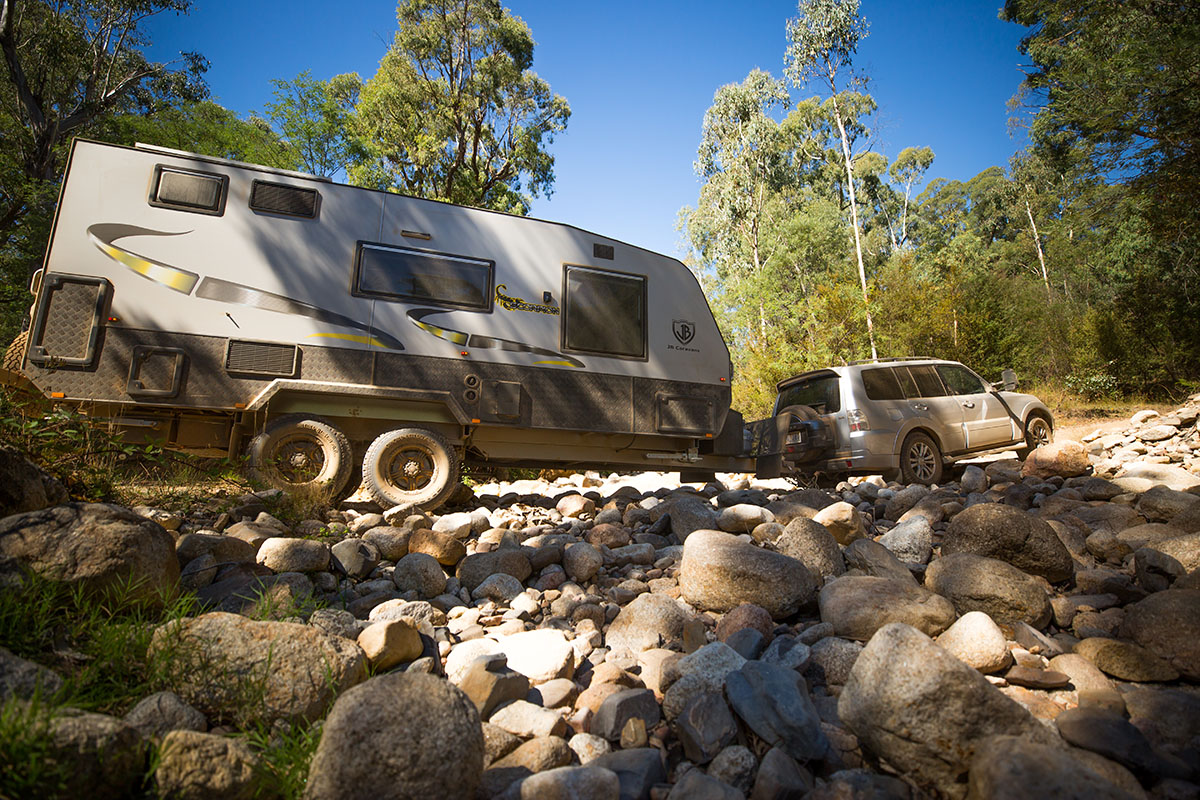An engine oil filter is designed specifically to remove contaminants from the oil being used by the engine, thus reducing wear and tear on your car. We look at how they work and what the best engine oil filter for you is.
Why is an oil filter important?
Having clean oil reduces wear and tear on your vehicle’s engine, improves fuel economy and extends component life. What’s more, it will reduce waste, increase savings and be beneficial for the environment.
Towing heavy loads such as a caravan or trailer places a high demand on the engine, so you need it to be working at maximum capacity at all times.
There’s a saying that engine oil is your vehicle’s lifeblood. The oil filter then, is its kidney, ensuring clean, filtered oil continually circulates through the engine.
Petrol or diesel oil filter?
If your vehicle runs on diesel, it needs a diesel oil filter. The combustion process in diesel engines produces soot that the oil collects and cleans out of the working components – the filter needs to take as much of that as possible out of circulation.
Refer to your vehicle owner’s manual for the correct quantity and type of engine oil and filter for your vehicle.
Which filter is best?
Just as there are many varieties and grades of engine oils, so there are many different oil filters.
The amount of filter paper or ‘media’ in the filter determines what the oil has to pass through and where the dirt is trapped. The more twists and turns a particle of dirt has to take, the more likely it is to be captured in the process. So a filter with multiple pleats is likely to be more efficient than one with fewer, although that can depend on the quality of the media.
The higher the filter’s efficiency, the higher the percentage of dirt retained. The more quality paper there is in the filter, the more dirt it will hold and the longer it will last.
If you have a good quality filter that’s performing efficiently, it will:
- Prevent dust, dirt and contaminants such as metal particles, sludge and carbon from reaching the working parts of your vehicle’s engine.
- Preserve engine life.
- Provide greater, more consistent flow, thus reducing oil starvation and improving performance.
A poor quality filter is likely to cause more wear on the engine and have a shorter life, so will invariably be more expensive over time.
Your engine’s oil filter should be replaced every 12 months, at least. If you’re doing a lot of travelling over unsealed or dusty dirt roads, it may need to be more often.
For optimum performance, make sure you always use a good quality oil, as even the best of filters can’t protect your engine if the oil doesn’t do its job.
Want to know some more ways to increase fuel efficiency when towing a caravan?





